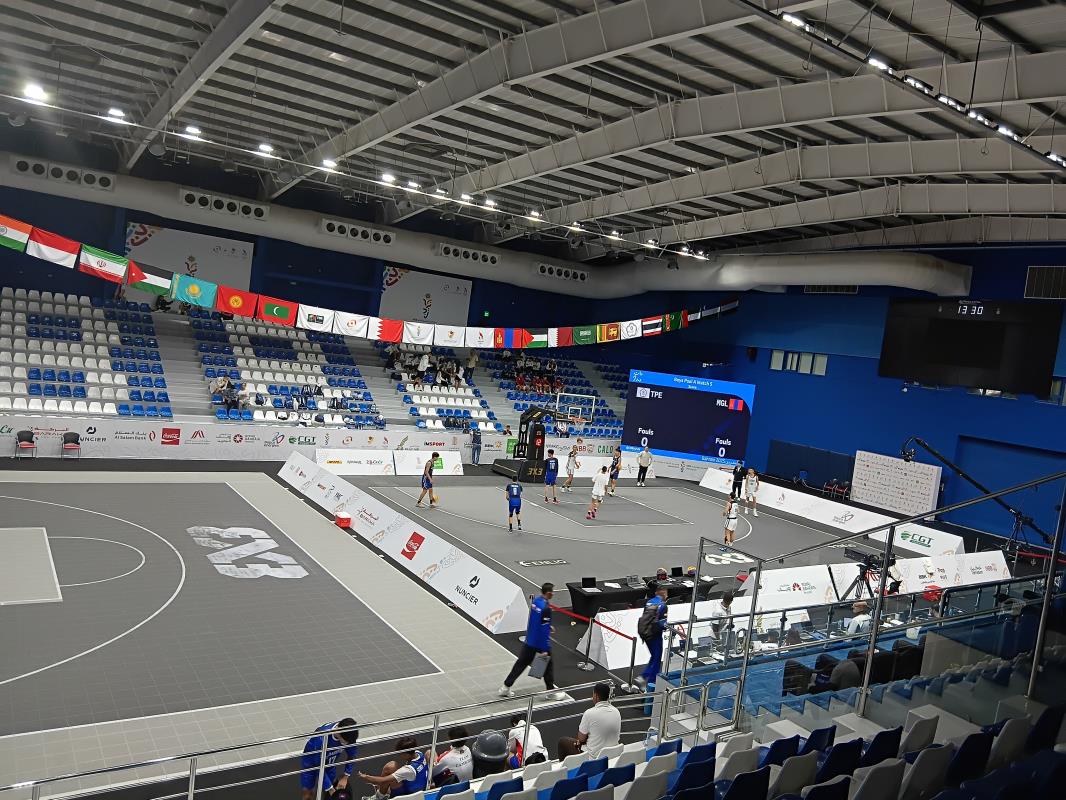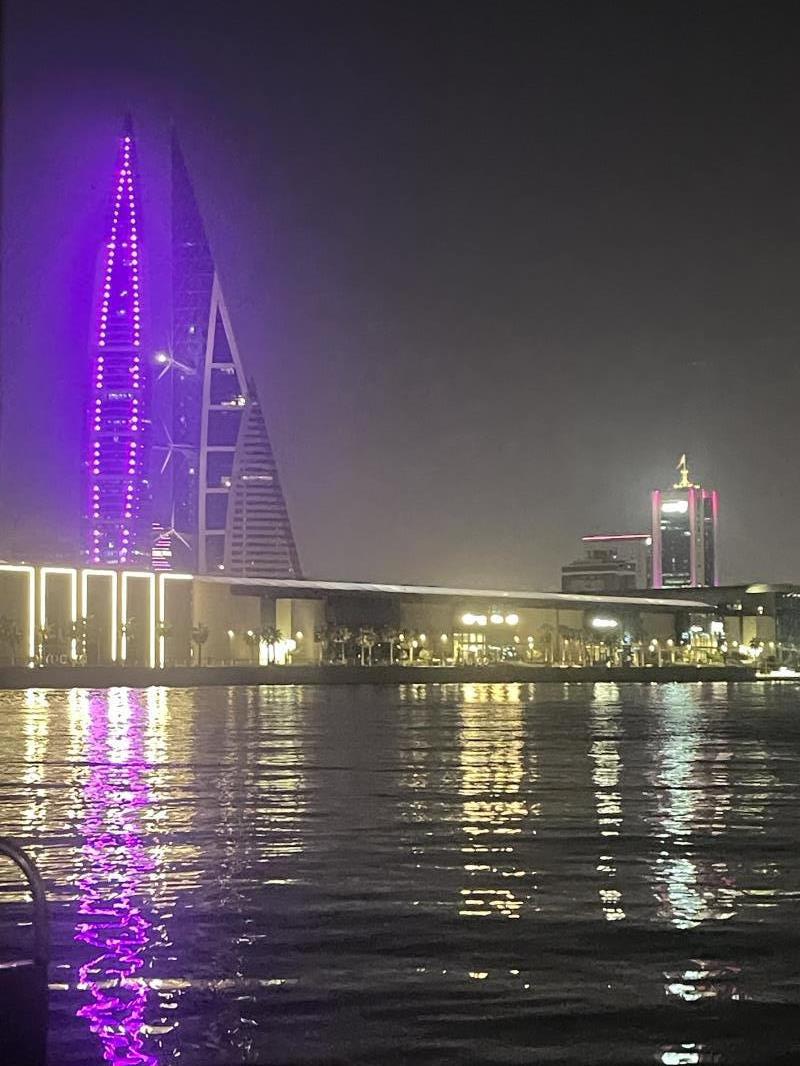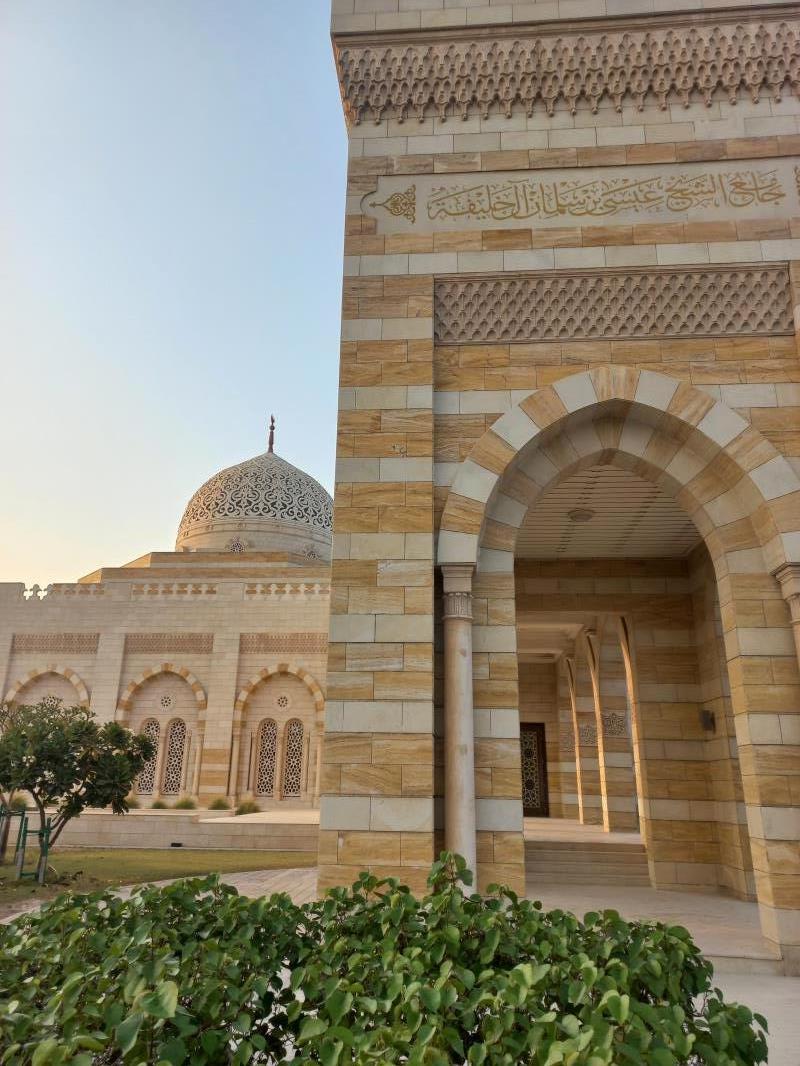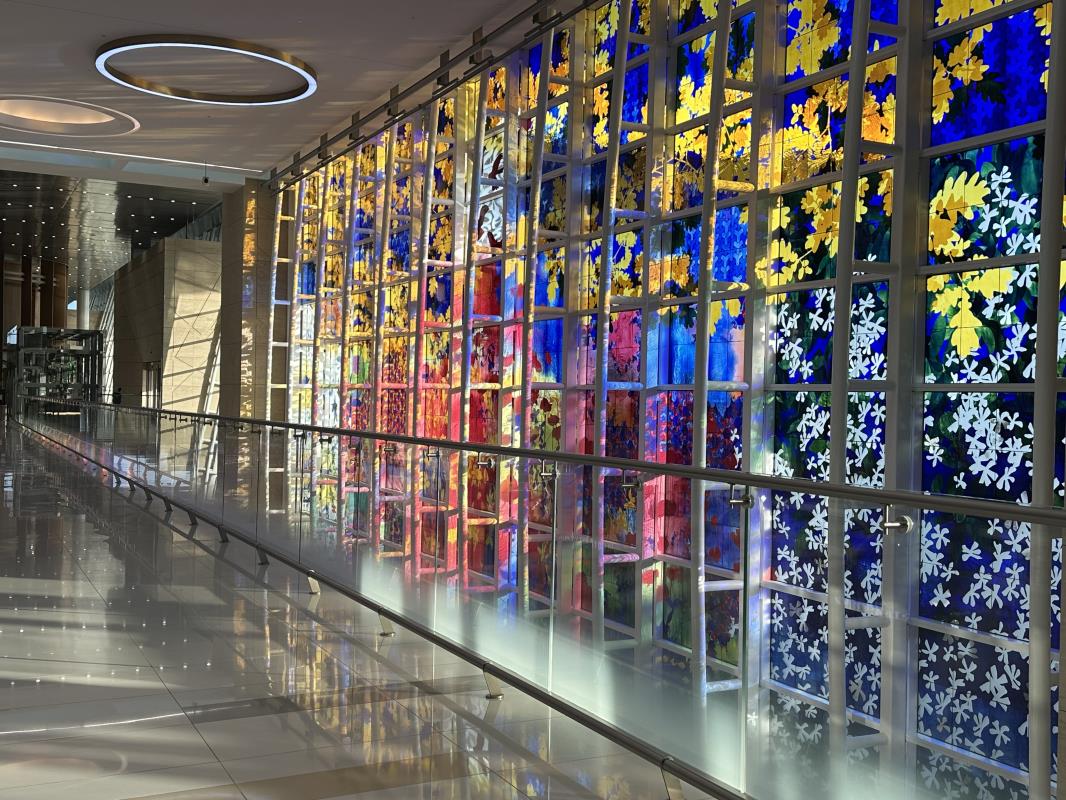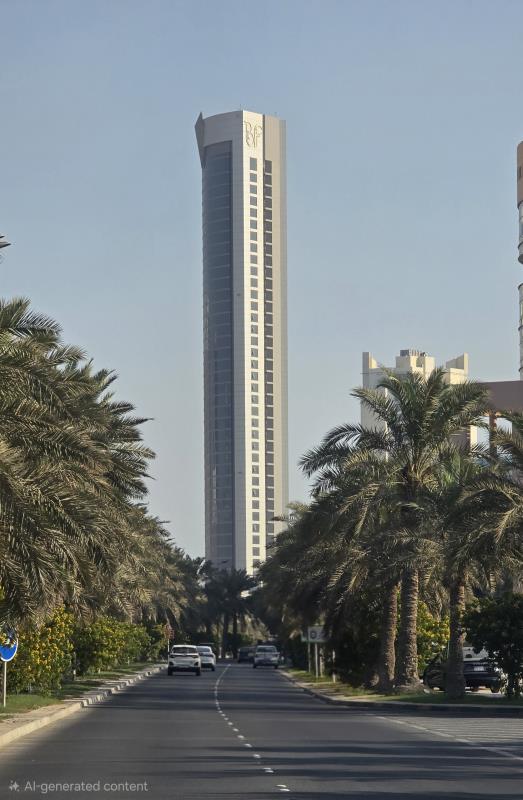
"Is this world a good or bad?
Are we fundamentally good or bad?
The answers shape our individual existence.
If we feel the world is good and we are inherently divine, then we live a friendlier, happier and optimistic life.
If we feel that the world is bad place and we are evil and sinful, then we live a more fearful, grim life. We are usually pessimistic about people and hostile towards existence.
Democracy is based on a philosophy that believes, humans are fundamentally good, therefore individuals should be free.
This is a wonderful and enlightened view of humanity. However we run into problems when we ask,
What shall both the State and the individuals do, with that freedom?
Most leaders and the vast majority of the population have no clue of what do with the freedom.
In democracies the fundamental premise is that the State exists to serve the individual. The individual rights supersede those of the State.
That is why in a democracy,
* Individuals tend to consider their rights as supreme, and the population talks only about rights. Individuals and groups not only continue to make increasingly more demands on the State, and expect them to be fulfilled.
* The individual demonstrate a high sense of entitlement. without a proportional sense of responsibility and accountability.
Politicians in a bid to appease the electorate and win their votes keep on doling out the money of the State, until the State runs out of money.
This happens because, at first wealth is transferred from producers to non producers of wealth, through unsustainable social welfare schemes and investment in non productive and non wealth generating areas.
Democracies keep on borrowing until their credit worthiness is useless and when finally bankrupt, the economy collapses. As a result there is social anarchy and chaos, rioting and even revolution.
History reveals that, without exception every democracy eventually collapses to become some sort of dictatorship or becomes a vassal of another State or power. (Pakistan is the next likely candidate).
America is a classic example of a democracy gone all wrong.
Producers of wealth, who can do so, move their wealth overseas.
Their hard earned wealth is stashed in the numerous legally accepted tax havens across the world. They move manufacturing to places like China and Vietnam etc. Services to places like Hong Kong, Singapore, Dubai etc.
Unemployment in America has soared and the income of the working class (who are the largest contributors to real income generation) have stagnated for more than 30 years. In the 1950s America was the wealthiest country, now it is the world's largest borrower. Today 15% of Americans now live entirely on State welfare and the numbers grow by the day.
Communist China grows at the expense of Democratic countries like India, Europe, USA. etc.
Rights without responsibilities is a recipe for chaos and anarchy. That is what we witness in virtually every democracy.
If India does not discipline herself, she will miss its chance to remerge as a great civilisation.
preprocess
Communism and Fascism are ideologies
Ideological States run on the premise that the world is bad and that individuals are also bad and unfit, therefore they need to be controlled.
Fear is the key for control of their citizens. Individual and collective freedoms are greatly restricted. Any sign or suspicion of transgression against numerous vague laws and regulations will result in shaming, harsh punishment, disappearance and even death.
State violence against citizens is rampant since citizens have no real rights nor the ability to express their problems, needs and demands.
Any way of thinking and action that recommends and sanctions force, violence or boycott against the other is an ideology. The most common ideologies are Communism, Fascism and Organised Religion.
Ideology is unrelenting and extremely rigid. In Communism and Fascism the individual exists only to serve the State.
Democracy is indispensable to socialism. ~ Vladimir Lenin
preprocess
What then could be a good alternative?
Indian civilisations as noted even by Karl Marx and many historians that a successful and prosperous model was the Asiatic model of Socialism. A successful hybrid model of governance where the power of numerous local communities are vested in local and village Republics within a nation.
The nation as represented by the centre is responsible for matters such as monetary policy, foreign affairs, defence and law and order, etc. Its primary job is to facilitate the development of each local Republic.
The citizens of a local Republic possess their individual assets, but all assets that are common such as water bodies, access roads, playgrounds, grazing lands, healthcare, schools and education, craft training etc. belong to the Village or local Republic.
Villagers and local community members choose their leaders democratically in a simple election by way of show of hands. Since local leaders are closely involved with the people they lead, they understand and can respond to and are accountable to their local constituency. They use their resources for their own local needs, while some mandated percentage will be contributed to the State and to the Centre.
This is the meaning of the power to the people.
The same would be applicable for cities and towns where various localities would function as individual Republics.
The State's job would be to provide a monetary policy, facilitate the physical, technological, communications and connectivity by building infrastructure, help meet the technological and energy requirements, provide defence of the Republic from internal and external threats.
It has been a successful model for more than 1700 years in India (until the Colonial powers destroyed that social fabric and institutions), that produced a great civilisation. A civilisation where crime was almost non existent, a culture that spurred science, innovation, art, culture etc. to produce productive a wealthy and happy society.
It certainly deserves a relook.
preprocess






















































